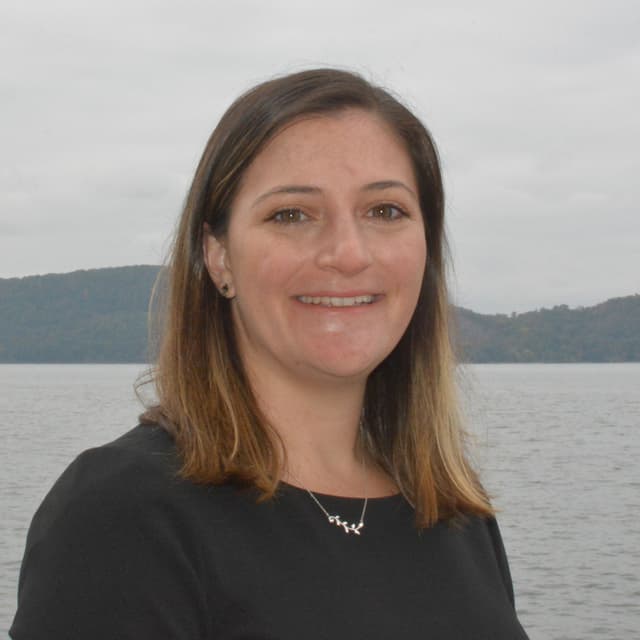Legal cases
Riverkeeper has successfully challenged the unlawful activities of some of the largest and most notorious polluters. Stay informed on our current cases.
Join the fight for clean water
Riverkeeper’s work is only possible because of support from people like you who care about the Hudson and the communities that rely on it.
300+
miles of river patrolled annually, from the Upper Hudson and Mohawk River all the way to New York Harbor
396
tons of debris removed from the river by thousands of Riverkeeper volunteers since 2012
$5.5B
$5.5 billion for clean water allocated since 2017 from New York State thanks to our advocacy work
28,148
letters to lawmakers and decision makers in one year

